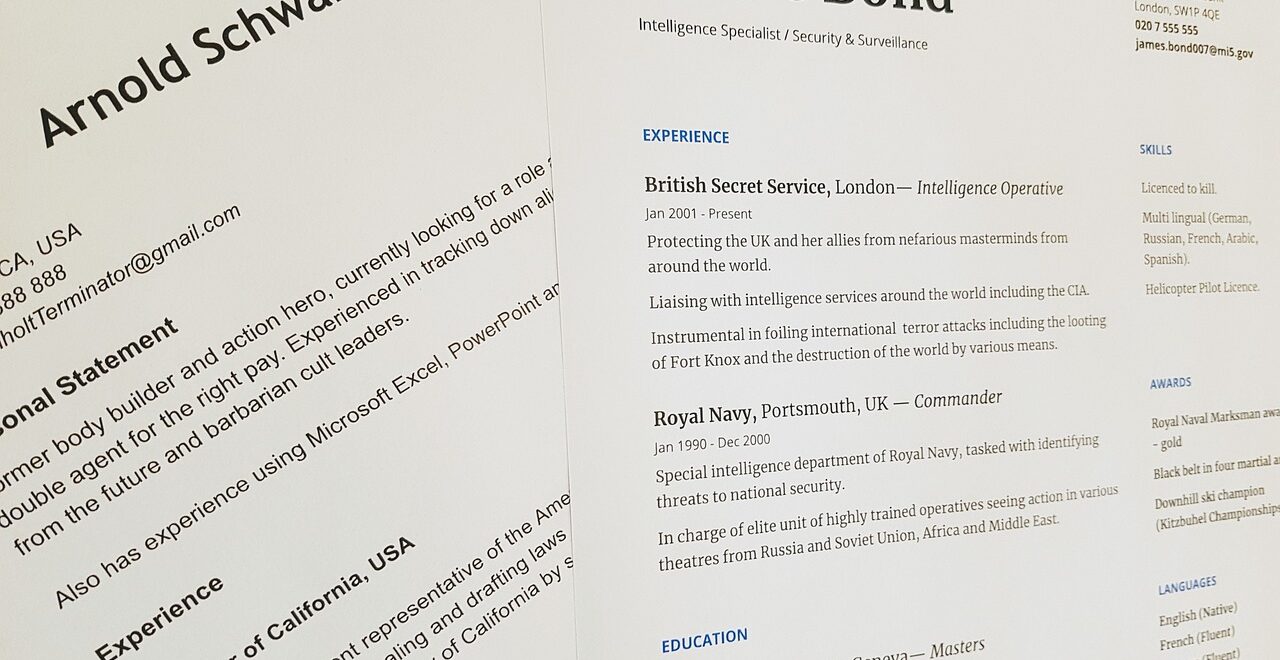A resume is often the first impression a potential employer gets of you.
It allows you to showcase your relevant education, work experience, skills, and achievements that are pertinent to the job you’re applying for.
A well-crafted resume demonstrates how your qualifications meet with the requirements of the job and the company culture, showing that you’re a good fit for the position.
For employers, resumes serve as a quick way to screen candidates and determine who to invite for an interview.
Your resume is an opportunity to brand yourself effectively.
It allows you to present yourself in the best possible light and differentiate yourself from other candidates.
A well-written resume reflects professionalism and attention to detail, qualities that are highly valued by employers.
In many cases, submitting a resume is a standard requirement when applying for a job.
Not having one may automatically disqualify you from consideration.
Your resume serves as a reference point during interviews, helping both you and the interviewer discuss your qualifications and experiences in detail.
Overall, a resume is a crucial tool in the job search process, helping you stand out as a qualified candidate and increasing your chances of landing interviews and ultimately, job offers.
Here are some tips for writing a good resume:
Keep it Simple: Use simple words and short sentences.
Make sure it’s easy for anyone to read.
Include Contact Information: Make sure your contact information, like your phone number and email address, is easy to find at the top of your resume.
Make sure your email address sounds professional.
Avoid using nicknames or funny email addresses.
Include Important Information: Write about things like your education, any jobs you’ve had before, and any special skills you have.
Start each bullet point with action words like “led,” “organized,” “created,” or “managed” to show what you did in your previous jobs or activities.
Be Honest: Don’t make up stuff on your resume.
Always tell the truth about what you’ve done and what you’re good at.
Use Lists: Instead of big paragraphs, use lists to talk about your skills and experiences.
It makes it easier to read.
Make it Neat: Use a clean and easy-to-read format.
Make sure everything looks nice on the page.
Highlight Achievements: If you’ve won awards, done something special, or helped others, make sure to mention it on your resume.
It shows that you’re a great worker.
Whenever possible, include numbers or percentages to measure your achievements.
For example, “Increased sales by 20%” or “Managed a team of 10 people.”
Customize for Each Job: Change your resume a little bit for each job you apply for.
Highlight the things that match what the employer is looking for.
Look at the job posting and use similar language and keywords in your resume to show you’re a good fit.
Only include information that’s relevant to the job you’re applying for.
Leave out anything that doesn’t relate to the job or help show why you’re a good fit.
Check for Mistakes: Before you send your resume, read it carefully to make sure there are no mistakes or typos.
Ask someone else to read it over for you, they might catch mistakes you missed.
Update your resume regularly, especially after you gain new skills or experiences.
You never know when you might need it.
Remember, a good resume can help you get the job you want, so take your time and make it the best it can be.
By following these tips, you can create a strong resume that showcases your skills and experiences effectively.
Good luck with your job search!

